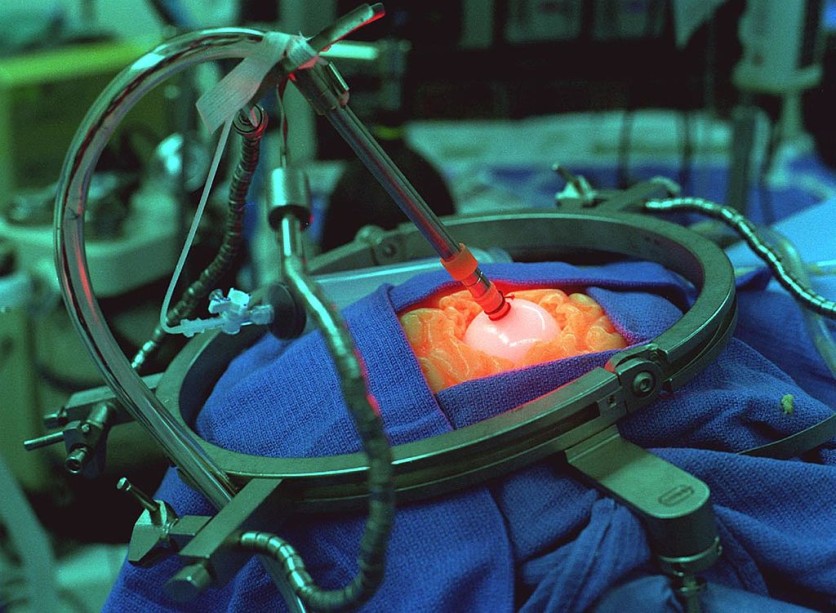Elon Musk's Neuralink has confirmed that mechanical issues arose after the company's first brain implant, saying that the potential cause of the malfunction could be the brain chip's placement.
According to the business, some of the electrode-studded threads inserted into the brain tissue started to retract from that tissue in the weeks after patient Noland Arbaugh's surgery in January, preventing the device from functioning as intended.

The company stated that it is now working on enhancing the device's text entry and cursor control, with plans to eventually expand to include the usage of real-world devices like wheelchairs and robotic arms.
According to professionals in the field of brain implants, the potential cause of the issues could be that the threads attach to a device located inside the skull bone instead of on the surface of the brain tissue.
Brain Implant Malfunction Cause
According to neurosurgeon Eric Leuthardt, scientists and engineers tend to underestimate the amount that the brain moves within the intracranial space.
The expert claims that a mere nod or a sudden movement can cause perturbations ranging from several millimeters.
According to Matt Angle, CEO of Neuralink's competitor, Paradromics, brain implants have historically been inserted directly on top of the brain tissue, functioning like a boat on the water.
According to Matt, thread retraction is not typical for a brain implant, and Neuralink conducted considerable testing on animals before implanting the device in quadriplegic Arbaugh.
According to Leuthardt, one possible problem is that because animals' brains are smaller than those of humans, the electrodes do not shift as much.
The report's publication coincides with Neuralink's goal of implanting its device in more people. Any issues could disrupt the Food and Drug Administration approval process.
Neuralink Co-Founder's Safety Concerns
The recent malfunction report also comes just days after former Neuralink executive and co-founder Dr. Benjamin Rapoport revealed their reasons behind leaving the company and his former partner, Elon Musk.
According to Dr. Rapoport, it has to do with "safety," indicating that there are numerous variables at play in this area of technology and medicine, including minor brain operations that could result in serious issues.
Dr. Rapoport departed the company two years after Musk and others created Neuralink in 2018. He is most recognized for founding Precision Neuroscience in 2021.
Dr. Benjamin Rapoport was interviewed on the most recent episode of The Future of Everything, a podcast from the Wall Street Journal. The hosts even asked him why he quit Neuralink after starting it.
Neuralink co-founder Dr. Benjamin Rapaport said that their entire career has been focused on transferring brain interfaces from science to medicine. However, they believed safety must come first in advancing technology and medicine.
Since it was intended to be implanted without a person's assistance, the business implants it using a surgical robot. This procedure is somewhat invasive for the patient because the threads are inserted into the cortex.
Dr. Rapoport contended that although safety entails little invasiveness, this causes some brain damage, which is a drawback of the technique.
Furthermore, they disclosed in the interview that brain data can be extracted without harming the organ in charge of all processes.
Related Article: Elon Musk's Neuralink To Restore Sight in The Blind: Here's How

(Photo: Tech Times)




